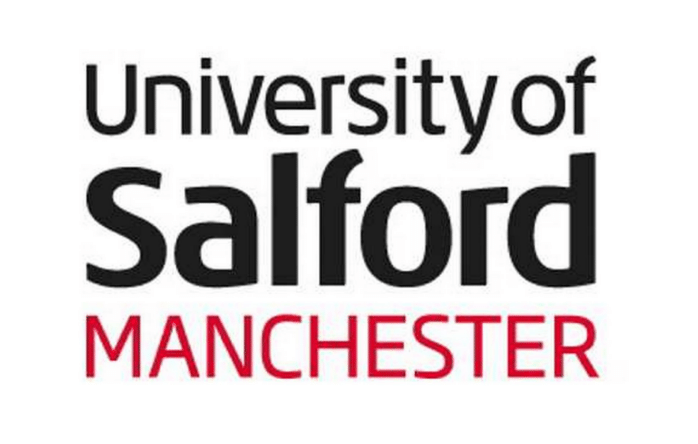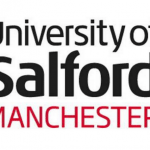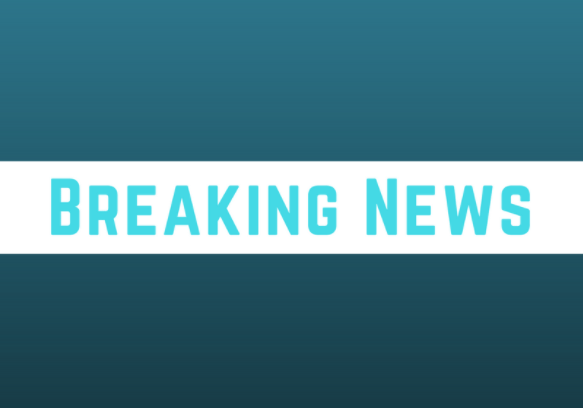Dr Moritz Pieper, Lecturer in International Relations, said:
“Trump has more than once expressed his admiration for Vladimir Putin, but his vague election campaign promises to ‘restore relations with Russia’ will now meet the test of reality and so far the indications of what will happen are decidedly mixed.
“In Syria, the US is sidelined while Russia convenes trilateral talks with Iran and Turkey. With regard to Iran, Trump’s dismissal of the 2015 nuclear agreement does not match Moscow’s view. And while Trump’s criticism of NATO defence structures was music to Russia’s ears, Rex Tillerson – his nominee for Secretary of State – described the collective defence clause of the NATO Charter as inviolable.
“Trump still faces plenty of obstacles in Congress, and even Putin himself reminded him that once in office, he will ‘quite quickly understand the different level of his responsibility’. But whatever the new president does, his impact on a fragmented world demands that those involved in managing international affairs rethink some once-secure assumptions about the international order.”
Dr Kirsty Fairclough-Isaacs, Senior Lecturer in Media and Performance, said:
“Of course we have no idea how the next four years of a Trump presidency might impact upon global attitudes towards women, but in a context of so called ‘post-truth’, where an individual who has publically described women as ‘pigs’, ‘dogs’ and ‘disgusting animals’ can become President elect of arguably the most influential nation on the planet, the world has cause for deep concern.
“Misogyny and sexism were the hallmarks of the Trump campaign and in the post-election analysis, one disturbing statistic stands out – 53 per cent of white women voted for a man who describes women in frighteningly regressive and offensive ways, has a string of sexual assault claims still outstanding, and is likely to renege women’s rights to contraception and abortion.
“There is much to understand here and no doubt much more to come, but these kinds of attitudes and behaviours must never be normalised in the name of political gain. In the months and years to come, perhaps we can expect a stronger global gender equality movement to emerge, one that directly challenges these attitudes. We can only hope.”
David Savill, Creative Writing lecturer and former BBC journalist, said:
“Trump is not just a businessman. He is also a celebrity. Putin is not just a politician, he was a spy. To understand the culture of Trump, we also need to understand the culture of celebrity. What the culture of the celebrity and the spy have in common is the primacy of appearances. In the world of the intelligence agent and the world of the celebrity, nothing is what it seems. Life is a performance.
“As every artist knows, this privileging of appearance over reality creates a disconnection with the real. In this disconnection lies the undemocratic power of both Putin and Trump’s government. When reality is disconnected, paranoia and conspiracy fill the space left behind. In paranoia and conspiracy, it is journalism – the medium of writing most suited to challenging power – which dies.”
David’s forthcoming novel revolves around journalists in the Putin era.
Ben Williams, lecturer in Politics and Political Theory, said:
“Donald Trump’s presidency provides some significant challenges and also some potential opportunities for the UK government. His ‘maverick’ style and rejection of established party politics may on the surface prove something of a problem for Theresa May. The Conservatives and Republicans have traditionally had close links and shared common policies, but Trump was rejected by much of his party’s hierarchy and effectively ran for office like an ‘independent’ would.
“Many Conservatives, including the PM, voiced concerns throughout his election campaign about some of his public comments as well as his general suitability for the role. This could cause some strains from the outset of Anglo-American relations under the new President, and such tensions have been further exacerbated by Trump’s close relationship with former UKIP Leader Nigel Farage.
“However, Trump has repeatedly spoken about the need for the USA to establish more ‘bilateral’ trade relationships, as opposed to multilateral ones between blocs of countries. In the wake of Brexit, this will be something May will have welcomed. She is said to be keen to rekindle the ‘special relationship’, and negotiating a positive post-Brexit trade deal with the USA will be a major priority. It is a major incentive for her government to negotiate a renewed economic relationship with Trump on terms that are beneficial for the UK, which will limit any negative fallout from leaving the EU. This will be a gamble on the PM’s part, but it could deliver an improved scenario in comparison to what the EU had to offer.”



















